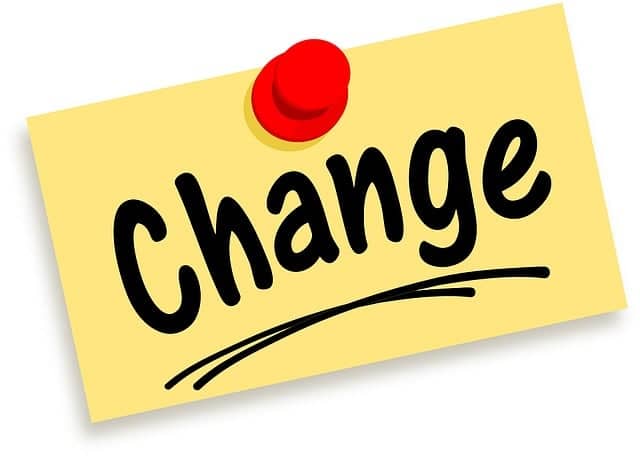How does Jack change in Lord of the Flies? At the start of the novel, Jack is introduced as a charismatic and determined character who is stranded on an island with a group of British schoolboys. However, as the story progresses, his transformation takes a dark turn, leading him to evolve into a violent dictator. This transformation of Jack in William Golding’s Lord of the Flies sheds light on the disturbing potential for evil that exists within human nature. By exploring the changes Jack undergoes throughout the book, we can gain a deeper understanding of the destructive forces that lay dormant within each individual, waiting to be awakened under certain circumstances.
How does Jack change in Lord of the Flies? (Answer)
How does Jack change in Lord of the Flies? In William Golding’s novel Lord of the Flies, the transformation of Jack Merridew is one that epitomizes the destructive nature of power and unchecked desires. Initially introduced as a charismatic and capable leader, Jack undergoes a dramatic metamorphosis throughout the course of the story, evolving into a violent dictator consumed by his lust for dominance and control.
At the beginning of the novel, Jack appears to be an ordinary schoolboy with a sense of authority and charisma. Upon arrival on the deserted island after a plane crash, he quickly takes charge by organizing his choir into a militaristic group known as “hunters.” With Ralph elected as the group’s chief, Jack is initially content with his position as leader of hunters and shows signs of cooperation with others. While he initially hesitates when hunting, he eventually kills a pig.
However, it is not long before cracks begin to form in Jack’s veneer. As time progresses and their chances of rescue diminish, his obsession with hunting consumes him. The thrill of killing animals awakens an innate savagery within him that gradually erodes any semblance of civilization or morality. This descent into darkness is further fueled by his envy of Ralph’s leadership and popularity among the group.
As rivalries intensify between Ralph and Jack over differing priorities – maintaining order versus satisfying primal instincts – it becomes evident that power holds immense sway over Jack’s character. His lust for control leads him astray from rationality as he begins to manipulate others through fear and intimidation. This shift in behavior marks a pivotal moment in his transformation – from disciplined choir boy to ruthless dictator.
The pivotal point in this narrative occurs when Simon, one of the few remaining boys who still clings to reason and goodness, stumbles upon what he believes is “the beast.” In an act driven by fear and paranoia rather than strategic thoughtfulness, Jack orders his hunters to attack without considering all available evidence. Tragically, this results in the gruesome murder of Simon, an act that symbolizes the complete loss of humanity within Jack.
From this point until the end of the novel, Jack fully embraces his role as a tyrant. He establishes his own tribe separate from Ralph’s group. Jack uses fear of the beast along with violence to assert his dominance. The painted faces and savage rituals of Jack and his hunters reflect their descent into primal instincts.
The once-charismatic leader has now transformed into a bloodthirsty dictator, ruling through intimidation and brutality. His obsession with hunting and power blinds him to the consequences of his actions. In the absence of societal constraints, Jack abandons all moral principles and revels in anarchy. This culminates in Jack and his tribe stealing Piggy’s glasses followed by Roger killing Piggy with a boulder.
Golding masterfully illustrates how power can corrupt even those initially perceived as virtuous leaders like Jack Merridew. Through his transformation from a disciplined choir boy to a violent dictator driven by an insatiable hunger for control, readers are forced to confront the inherent darkness that lies within humanity when confronted with untamed desires.
What causes Jack to change in Lord of the Flies?
Jack’s transformation in Lord of the Flies is sparked by the power and obsession that his hunting responsibilities bring. As he becomes more obsessed with hunting, it begins to consume his thoughts and behavior, pushing him further away from civilization and closer to a savage state.
What does Jack represent in Lord of the Flies?
Jack represents the primal instincts and savagery that exist within human nature. He embodies the desire for power and control, using his skills in hunting to establish dominance over the other boys on the island. His tactics and fierce exhilaration in hunting symbolize his willingness to resort to violence and manipulation in order to maintain his authority. Ultimately, Jack becomes a dictator-like figure, ruling through fear and leading the group of boys toward chaos and destruction.
Conclusion
In Lord of the Flies by William Golding, Jack’s change is not only a personal journey but also serves as a cautionary tale about the dangers of unchecked power and its ability to bring out our innermost demons.
